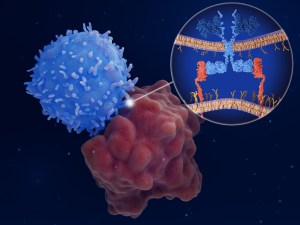Tag: Blavatnik Institute at Harvard Medical School
-
Health
Study finds significant variations in care between physicians
Some physicians are far more likely to deliver appropriate care than others in the same geographic area or health care system, according to a new study.

-
Health
Breaking down boosters
A Harvard expert shares insight on the science and history of vaccine boosters and why we need them, speculating on a future that includes periodic COVID boosters.
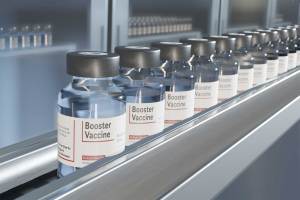
-
Science & Tech
Telemedicine for stroke patients improves outcomes
The first national analysis shows patients at hospitals that offer remote stroke consults fare and were more likely to survive than patients who presented at hospitals without stroke telecare.

-
Science & Tech
How cells sort themselves
Researchers have discovered a key control mechanism that cells use to self-organize in early embryonic development.
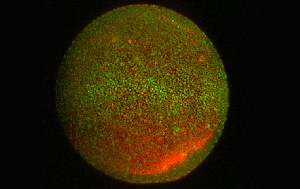
-
Health
Antioxidant reverses most BPA-induced fertility damage in worms
Treatment with a naturally occurring antioxidant, CoQ10, restores many aspects of fertility in C. elegans worms following exposure to BPA. The findings offer a possible path toward undoing BPA-induced reproductive harms in people.

-
Science & Tech
The power of positive phrasing
Analysis of more than 6 million clinical and life-science papers shows articles with male lead authors are up to 21 percent more likely than those with female lead authors to use language that frames their research positively, which could contribute to persistent gender gaps in pay and career advancement in life sciences and medicine.

-
Health
More than a watchdog
A study in mice shows the nervous system not only detects the presence of Salmonella in the gut but actively stops the organism from infecting the body by shutting the cellular gates that allow bacteria to invade the intestine and spread beyond it.
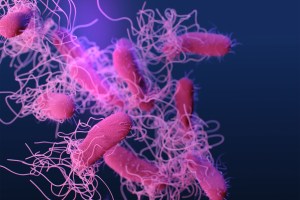
-
Science & Tech
Where we get our sense of direction
Using virtual reality experiments, Harvard neuroscientists have decoded how fruit fly brains integrate visual cues for navigation. Study also sheds light on a form of short-term memory known as unsupervised learning.
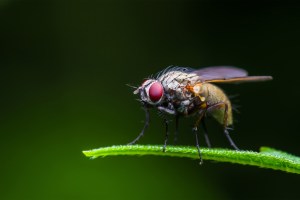
-
Health
Study suggests how measles depletes body’s immune memory
A new Harvard study shows measles wipes out 11 percent to 73 percent of antibodies against an array of viruses and bacteria, depleting a child’s previous immunity, which underscores the importance of measles vaccination.
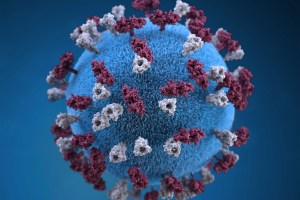
-
Science & Tech
Scientists pinpoint neural activity’s role in human longevity
The brain’s neural activity, long implicated in disorders ranging from dementia to epilepsy, also plays a role in human aging and life span, according to research led by scientists in the Blavatnik Institute.
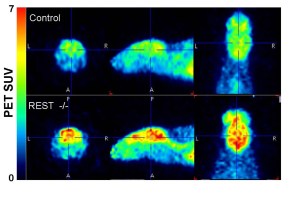
-
Science & Tech
Single letter speaks volumes
Scientists have used an optimized version of the CRISPR-Cas9 gene-editing system to prevent hearing loss in so-called Beethoven mice, which carry a genetic mutation that causes profound hearing loss in humans and mice alike.
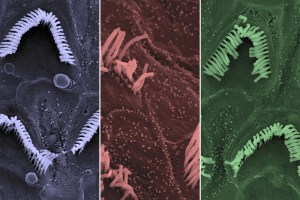
-
Health
Weighing in on workplace wellness programs
In the first major multisite randomized controlled trial of workplace wellness programs, researchers found that while they may help people change certain behaviors, they do little to improve overall health or lower health care spending.
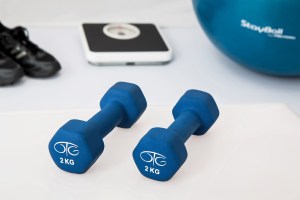
-
Health
Nerve-signaling pathway that drives sustained pain found
Harvard researchers have identified in mice a set of neurons responsible for sustained pain and pain-coping behaviors. The new study is the first one to map out how these responses arise outside the brain.
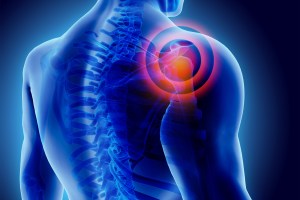
-
Health
The difference a year makes
A Harvard study has found that children born in August in states with a Sept. 1 cutoff birth date for school enrollment have a 30 percent higher risk for ADHD diagnosis than peers born in September, which may reflect overdiagnosis.



